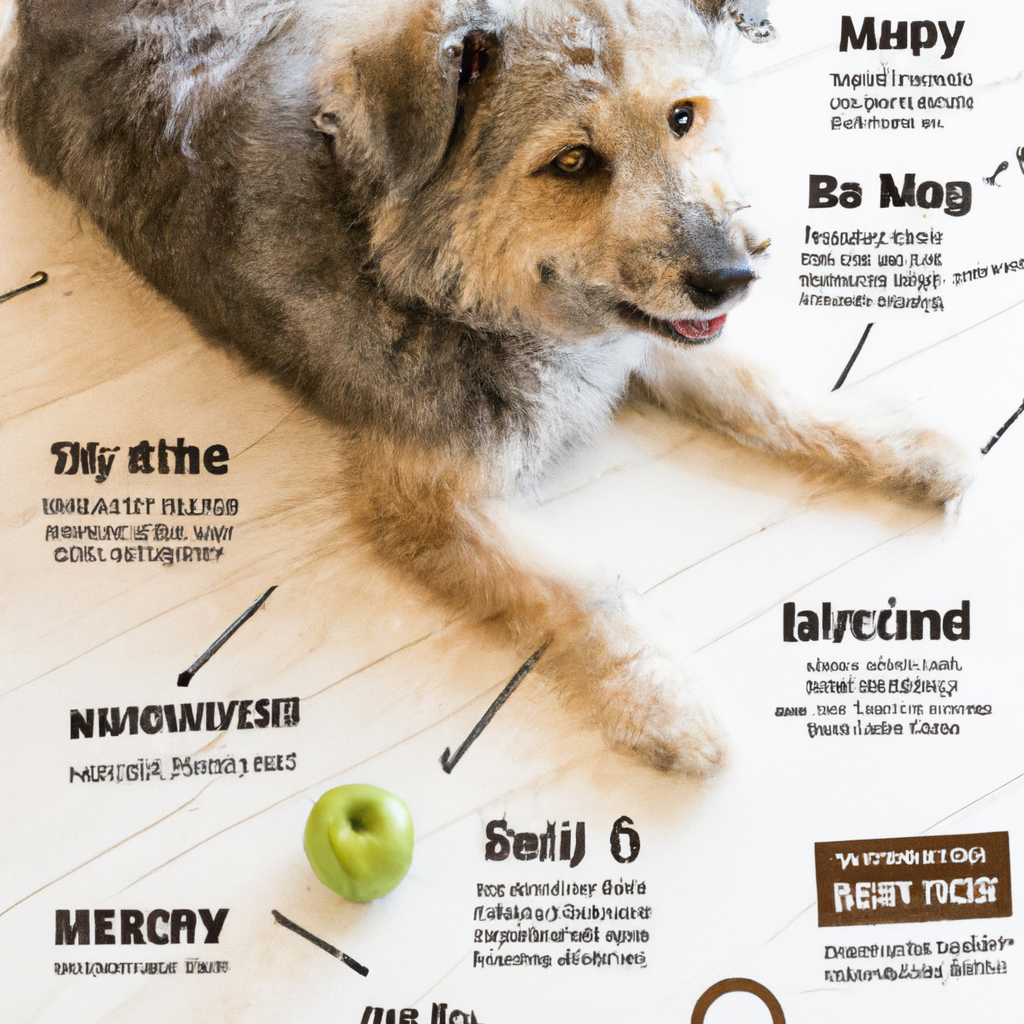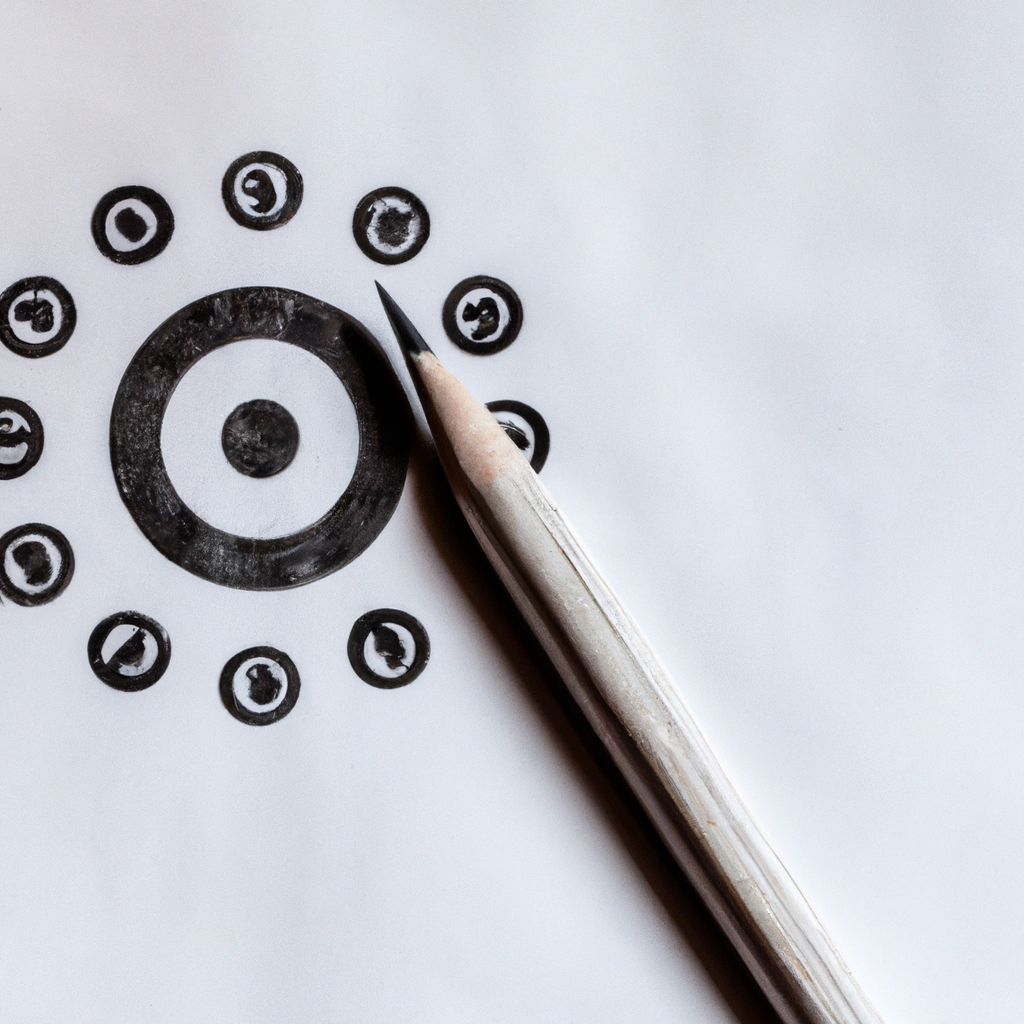Signs of a Healthy Dog: What to Look for
Signs of a Healthy Dog: What to Look for As a responsible dog owner, it is important to be

Signs of a Healthy Dog: What to Look for

As a responsible dog owner, it is important to be familiar with the signs of a healthy dog. Regularly checking your dog’s overall well-being and understanding what is considered normal can help you detect any potential health issues early on.
Physical Signs
A healthy dog will have a shiny and clean coat. It indicates good grooming habits, proper nutrition, and overall well-being. Look for a coat that is free from matting, dandruff, or any signs of parasites like fleas or ticks.
Healthy gums are another important indicator. Lift your dog’s lips and check their gums regularly. They should be pink in color and moist. Pale or white gums may suggest anemia or other health problems, while bright red or inflamed gums could indicate gum disease.
Clear and bright eyes are a good sign of a healthy dog. The eyes should be free of discharge, redness, or swelling. Ensure they are clear and responsive, with the dog’s pupils reacting to changes in light.
Behavioral Signs
Monitoring your dog’s behavior can also give you valuable insights into their well-being. A healthy dog will have a good appetite and maintain a healthy weight. Sudden changes in eating habits or significant weight loss could indicate an underlying issue.
Active dogs are generally healthier. They enjoy regular exercise and engage in playfulness. Observe for any sudden decrease in activity levels or signs of lethargy, as these could be warning signs of illness or pain.
Another behavioral aspect to watch for is their bowel movements. A healthy dog will have regular and well-formed stools. Any sudden changes in frequency, consistency, or the presence of blood can indicate gastrointestinal problems or infections.
Regular Check-ups and Professional Advice
While the signs mentioned above are good indicators of a healthy dog, it is essential to consult with your veterinarian regularly for professional advice and check-ups. Veterinarians have the expertise to perform detailed examinations, detect early warning signs, and provide necessary treatment or preventive care.
Remember that each dog is unique, and what is “normal” for one might not be the same for another. Understanding your dog’s baseline health is crucial for detecting any changes or potential health problems. Regular interactions, exercise, and a balanced diet will contribute to keeping your loyal companion healthy and happy for years to come!






